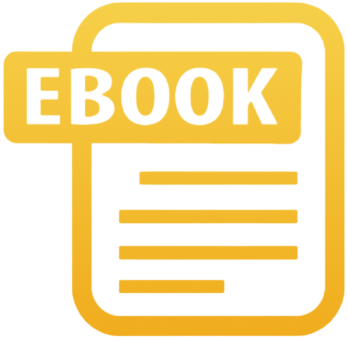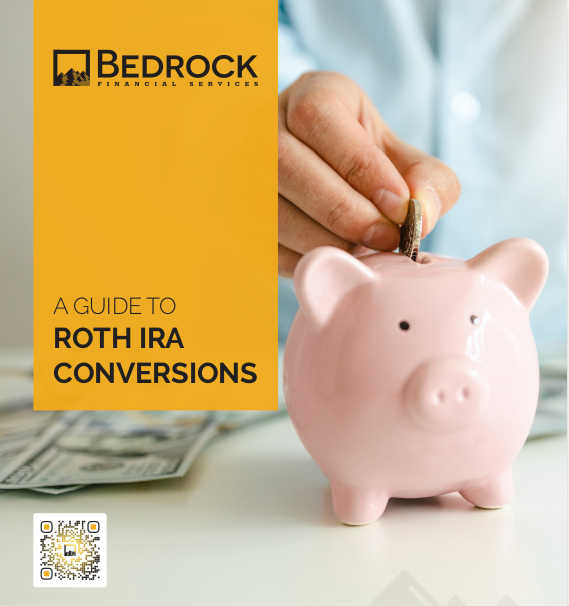Key Takeaways
-
The most effective financial professionals in 2025 aren’t necessarily the flashiest; they simply have better habits inside their CRM.
-
Small, consistent actions such as tagging, follow-up timing, and personalization inside your CRM can build deep client trust over time.
Why CRM Habits Matter More Than CRM Tools
If you want to stand out in a crowded, highly competitive field, it’s not about having the most advanced CRM system. It’s about what you consistently do with it. Your competitors likely have access to similar platforms. What makes the difference is your workflow, your attention to detail, and your commitment to using the CRM as a relationship-building tool, not just a sales tracker.
CRM habits, unlike quick marketing wins, shape your professional identity over time. They tell clients: “You’re not a transaction. You’re a long-term relationship.”
Build Trust Through Client-Centric CRM Routines
Your CRM should function like a memory vault—and your habits are the key to keeping it organized. Here are some foundational practices:
Daily Check-Ins With Your CRM
Set aside 15 to 30 minutes each morning to scan recent activity, respond to alerts, and plan your client touchpoints. In 2025, clients expect quick yet personalized responses. A daily routine ensures no one falls through the cracks.
Use Tags Like You Mean It
Proper tagging lets you segment your client base in meaningful ways: retirees, pre-retirees, business owners, Medicare-eligible clients, etc. These tags let you personalize messaging at scale.
Avoid vague or one-off tags. Instead, build a simple taxonomy: life stage, financial goal, product interest, communication style. Then use combinations to trigger specific workflows.
Create Recurring Follow-Up Cycles
One of the most overlooked CRM habits is setting consistent, automatic reminders to reach out. Schedule:
-
Policy review calls every 6 or 12 months
-
Birthday messages
-
Check-ins before annual enrollment periods
-
Follow-ups 30/60/90 days after a new policy
When follow-up is predictable and timely, clients associate you with reliability—even before they pick up the phone.
Personalization Doesn’t Scale Without Structure
Generic CRM messages make clients feel like just another name in the system. Yet one-to-one messaging doesn’t scale without friction. So how do you find a middle ground in 2025?
Use Smart Templates With Room for Humanity
Store message templates for major client milestones—but leave blank fields for personal touches. For instance:
-
“Congratulations on [event]”
-
“Last time we spoke, you mentioned [detail]”
-
“Before [enrollment window], let’s review your [topic]”
Templates give you a consistent voice; edits give you emotional connection.
Automate Based on Behavior, Not Just Dates
Modern CRMs allow behavioral triggers: when a client opens an email, clicks a link, or hasn’t engaged in 60 days. Use these to initiate thoughtful outreach, not just reminders. This habit signals attentiveness, not automation.
Record Notes Like Future You Will Thank You
Treat your CRM notes like gold. Instead of vague phrases like “client interested,” write:
-
“Expressed concern about outliving retirement income”
-
“Wants to prioritize grandchild’s education over aggressive growth”
These details fuel the kind of follow-up that builds long-term credibility.
Align Your CRM with the Real Sales Cycle
The sales cycle for financial products is rarely linear. Most clients aren’t ready to buy the first time you connect. What you do between initial interest and eventual action makes the difference.
Track Soft Touchpoints
Don’t just record policy submissions and quote requests. Track:
-
Webinar attendance
-
Article clicks
-
Event RSVPs
-
Old conversations that didn’t result in action (yet)
These inputs help you identify warmer leads and refine your messaging.
Use Milestone-Based Journeys
In 2025, clients are increasingly responsive to milestone-based planning. Configure your CRM to reflect life or financial events:
-
Turning 65
-
Retirement dates
-
10 years from pension eligibility
-
Business sale planning windows
Trigger email series, tasks, and alerts based on these key points rather than a one-size-fits-all calendar.
Re-engage Dormant Leads Every 90 Days
Your CRM should prompt a refresh on any lead that hasn’t engaged in 90 days. Change the offer. Alter the tone. Ask a new question. Your consistency says more than your pitch.
Make CRM a Team Sport, Even If You’re Solo
Whether you work in a small team or you’re a one-person agency, the more you treat your CRM as a shared system (even with your future self), the better your outcomes.
Standardize Naming Conventions and File Attachments
Use consistent labels for files, tasks, and pipelines. For instance:
-
“2025_AnnuityReview_[ClientLastName]”
-
“Medicare_Enrollment_Call_Notes”
This minimizes confusion and helps you pick up threads even years later.
Use Audit Trails to Track Client History
Good CRMs in 2025 include history logs that show every contact point. Use them to:
-
Reconstruct decision timelines
-
Avoid repetitive messages
-
Understand why a deal didn’t close last year but might now
You’re not just managing a database; you’re documenting a relationship.
Set Weekly System Review Blocks
At least once a week, go deeper than your daily check-in:
-
Clean up duplicate contacts
-
Archive stale leads
-
Review automation performance
-
Update workflows
System hygiene is one of the most ignored yet crucial habits for long-term CRM success.
Build Long-Term Trust With Transparency and Follow-Through
Your CRM can help you become more than a financial service provider. It can help you become a trusted advisor clients feel safe relying on.
Show Clients Their Info Is Always Up to Date
Use CRM-generated reports or client portals to show what you’re tracking. Let them know:
-
You remember their policy anniversaries
-
You’ve flagged important dates like Medicare eligibility or tax deadlines
-
You’re proactive, not reactive
In 2025, transparency builds loyalty.
Don’t Overpromise Automation
Automated workflows are powerful, but don’t pretend they’re personal. Instead, be honest:
-
“I have reminders set to follow up every quarter so we never lose momentum.”
-
“My system flagged it was time to revisit your retirement projections.”
Clients appreciate structure when it feels human.
Ask for Feedback Post-Interaction
Set CRM prompts to request feedback after key calls or appointments. Not only does this improve your service, but it tells the client: “Your experience matters.”
Over time, this habit strengthens relationships, sharpens your approach, and improves retention.
Your CRM Habits Are Your Brand in Disguise
You may never tell a client about your workflows, your labels, your tags, or your calendar logic. But they will feel it.
They’ll feel it in the fact that you always follow up. They’ll notice when you remember something personal. They’ll trust you because you show up consistently.
This is how financial professionals grow into long-term partners: by making CRM habits part of their brand.
If you’re looking to build a CRM habit system that turns your agency into a trusted name, we can help. At Bedrock Financial Services, we offer automation tools, CRM support, and expert training designed specifically for financial professionals like you. Sign up today to start refining the habits that will define your next decade in this business.







